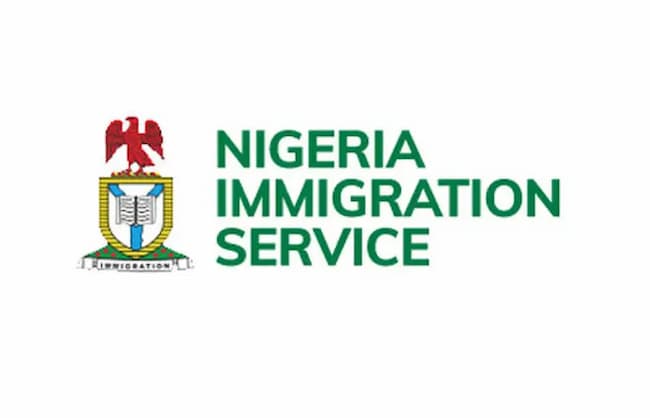The Nigerian Immigration Service (NIS) unveiled that about 80 personnel have been charged for illegally collecting fees for the issuing and renewal of passports.
Tony Akuneme, NIS spokesperson, said on Sunday that eight officers have been fired in connection with the violation in the last year.
He stated that the disciplinary measures are part of Isah Jere’s three-point reform program as NIS comptroller general (CG).
Akuneme said that the CG’s three-point objective includes passport reform, enhancing border security, and boosting the welfare of NIS officers.
According to the NIS spokeswoman, the CG has committed to penalize officers who attempt to hinder the reform effort.
“We have continued to punish NIS officers and men who try to assist people for a fee. You can assist people genuinely but not extorting from them,” he said.
“We are committed to curbing corruption and other illicit acts in the service. You will appreciate the fact that if nothing else, the level of awareness has increased in the last few months.
“Don’t patronise agents, fill your forms yourself. We have officers watching and these agents know they are being watched. When they take money from you, tell us. If we don’t take action, tell the world.”
He claims that using third-party agents to secure passports stymies the reform process.
“We have tried as much as possible to eliminate third parties so that if you really want, you can process the application of your passport from the comfort of your room on your laptop, android phones and you can pay online,” Akuneme said.
“You don’t really need anybody whether immigration officers or agents which we usually call louts. They have upgraded and become agents. They are still third parties.
“The problem we have is the use of third parties because no matter how much reform you put in, you will always see a learned and civilised person using a third party to process his or her application.
“And one thing they don’t understand is that third parties don’t have an idea of the information entered into your application. This can result in somebody having issues with his/her National Identification Number (NIN).”













